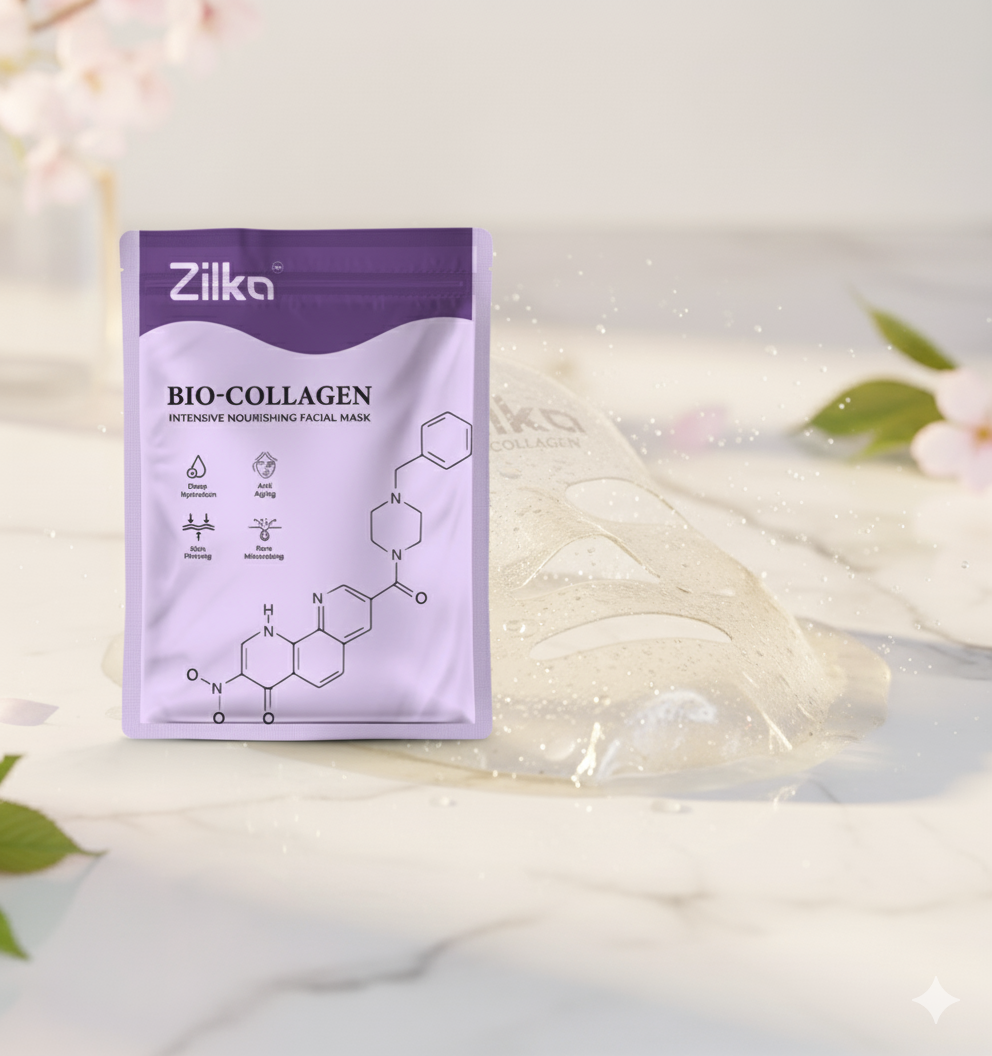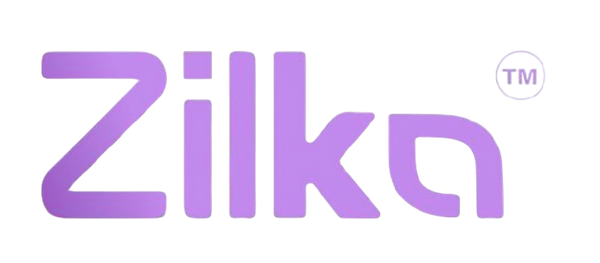
Fuel Your Glow: The Top 20 Collagen-Rich Foods to Add to Your Diet
Introduction
The secret to glowing, youthful skin may not be found in a jar, but rather on your plate. While collagen supplements have taken the wellness world by storm, the most natural and effective way to support your body's collagen production is through a healthy, balanced diet. By consuming foods that are rich in collagen itself, or that provide the essential building blocks for collagen synthesis, you can nourish your skin, joints, and bones from the inside out. This article will unveil the top 20 collagen-rich foods and collagen-boosting foods to add to your diet and help you eat your way to a healthier, more vibrant you.
Foods That Naturally Contain Collagen
These foods are direct sources of collagen, providing the body with the complete protein.
-
Bone Broth: This is arguably the most well-known and potent source of dietary collagen. Made by simmering animal bones and connective tissues for an extended period, bone broth is rich in collagen, amino acids, and minerals. Sipping on a warm cup of bone broth is a comforting and effective way to boost your collagen intake.
-
Chicken: The skin and cartilage of chicken are excellent sources of collagen. This is why you'll often find chicken collagen used in supplements for joint health. So, don't be so quick to discard the skin next time you're enjoying a piece of chicken.
-
Fish and Shellfish: The skin, scales, and bones of fish are packed with marine collagen. Sardines are a particularly good choice, as we often eat the entire fish, including the skin and bones.
-
Egg Whites: While they don't contain collagen in its complete form, egg whites are rich in proline, one of the key amino acids needed for collagen production.
-
Gelatin: Gelatin is essentially cooked collagen. It's derived from animal bones, cartilage, and skin and is what gives Jell-O its jiggly texture. You can add unflavored gelatin to soups, stews, or even your morning smoothie.
Foods That Boost Collagen Production
These foods may not contain collagen themselves, but they are rich in the nutrients that are essential for the body to produce its own collagen.
Vitamin C-Rich Foods
Vitamin C is a non-negotiable for collagen synthesis. Without it, the body cannot produce collagen effectively.
-
Citrus Fruits: Oranges, grapefruits, lemons, and limes are all loaded with vitamin C.
-
Berries: Strawberries, blueberries, raspberries, and blackberries are not only delicious but are also packed with vitamin C and antioxidants that protect the skin from damage.
-
Bell Peppers: Red bell peppers are one of the most concentrated sources of vitamin C, even more so than oranges.
-
Broccoli: This cruciferous vegetable is a nutritional powerhouse, providing a healthy dose of vitamin C, as well as fiber and other essential nutrients.
-
Kiwi: This small, fuzzy fruit is a vitamin C superstar.
-
Leafy Greens: Spinach, kale, and other leafy greens are rich in vitamin C and also contain chlorophyll, which some studies suggest may increase the precursor to collagen in the skin.
Zinc-Rich Foods
Zinc is another mineral that is essential for collagen production. It acts as a cofactor in the enzymatic reactions that are necessary for collagen synthesis.
-
Oysters: These shellfish are the most concentrated source of zinc you can find.
-
Nuts and Seeds: Pumpkin seeds, cashews, and almonds are all good sources of zinc.
-
Legumes: Chickpeas, lentils, and beans are a great plant-based source of zinc.
-
Whole Grains: Oats, quinoa, and brown rice all contain a decent amount of zinc.
Copper-Rich Foods
Copper is a mineral that plays a role in the formation of collagen and elastin.
-
Shellfish: In addition to zinc, oysters and other shellfish are also a good source of copper.
-
Organ Meats: Liver is one of the most nutrient-dense foods on the planet and is an excellent source of copper.
-
Dark Chocolate: Good news for chocolate lovers! Dark chocolate is a good source of copper and also contains antioxidants that can protect the skin.
Protein-Rich Foods
To produce collagen, your body needs a steady supply of amino acids, the building blocks of protein.
-
Lean Meats: Beef, poultry, and pork are all excellent sources of the amino acids glycine and proline, which are essential for collagen synthesis.
-
Tofu and Soy: For those on a plant-based diet, tofu and other soy products are a great source of protein and the essential amino acids.
A Collagen-Boosting Meal Plan
So, how can you incorporate these foods into your daily diet? Here's a sample meal plan:
-
Breakfast: A smoothie with a scoop of collagen powder, a handful of spinach, mixed berries, and a tablespoon of almond butter.
-
Lunch: A large salad with grilled chicken or chickpeas, plenty of leafy greens, bell peppers, and a lemon vinaigrette.
-
Dinner: A piece of baked salmon with a side of roasted broccoli and quinoa.
-
Snack: A handful of cashews or a small piece of dark chocolate.
Conclusion
While supplements can be a convenient way to boost your collagen intake, a food-first approach is always the best strategy for long-term health and wellness. By focusing on a diet that is rich in collagen foods and the essential nutrients that support collagen production, you can provide your body with everything it needs to build and maintain healthy skin, strong joints, and resilient bones. So, fuel your glow from the inside out and let your diet be your secret weapon in the pursuit of a vibrant and youthful you.

